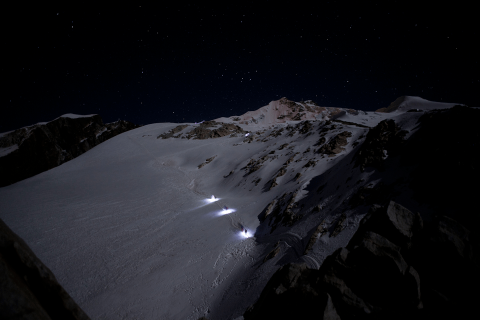Many, many ski films are being produced in the recent years. Some are good, some great, and some…
I used to watch them 10-15 years ago but not much these days. However, I am always interested in how films are made and what makes them great. Personally I film a lot but due to film editing time requirements little of my footage makes it to the “screens” (out of my editing software).
Just back from a big trip and with lot’s of footage in hand I trying to get inspired what to do with all. And I came across an interview with Sherpas Cinema (producers of All I Can) producer Malcolm Sangster where he discusses all kinds of things related to film making in snowy mountains. The interview is published on BackcountrySkiingCanada.com website and you can read it here.

Out of all the locations that you guys shot in, what area surprised you the most?
Well personally I find myself more in the office the larger the company grows. But for the team as a whole, I would probably say Denali National Park for its massive gnarly peaks….or Bolivia for the altitude factor and how exhausted the entire team was trying to climb, ski and film at 6000m.
And one more that reveals where the best snow might fall in the future:
In All I Can, the film focused a lot about climate change and how it is effecting the ski community. If the world keeps warming and you need to relocate to find the last powder, where do you think you will find it?
The Canadian Rockies – it seems that region will bode well compared to most in a slightly warmer/wetter climate. You’ll find me on the backside of Lake Louise.
If you are passionate about filming as well then definitely check out the interview. And if not, get ready for the newest Sherpas’ film Into The Mind.

